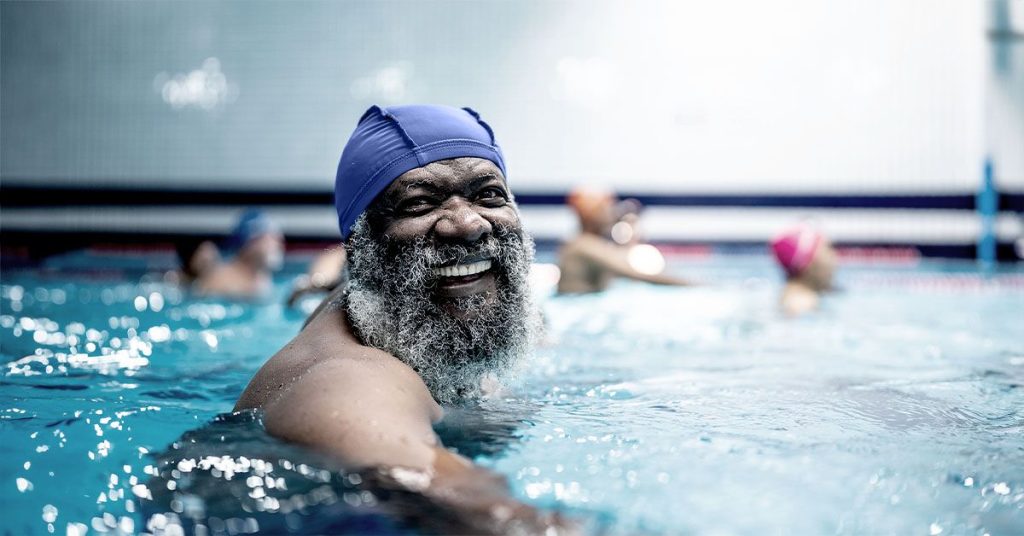Exercise has been shown to greatly benefit brain health by improving cognition, mood, and reducing the risk of neurodegenerative diseases. New studies have detailed the deep impact of exercise on various biological systems, enhancing health and fighting disease. From running on a treadmill to lifting weights, different types of exercise offer a range of advantages beyond just physical appearance or stamina, with research suggesting it can boost mood, alleviate stress, and sharpen cognitive function.
Some older research has indicated that intense exercise may have negative effects, but more recent studies have shown that elite athletes actually experience extended life expectancies. A collaborative effort led by Stanford Medicine has delved into how exercise promotes brain health through various biological mechanisms and gene expressions. By understanding these processes, healthcare providers can tailor exercise recommendations more effectively and potentially develop drug therapies that mimic the benefits of exercise for those unable to engage in physical activity.
The research study published in Nature included nearly 10,000 measurements across different tissues to examine the impact of 8 weeks of endurance exercise in lab rats trained to run on treadmills. The results revealed significant effects of exercise on the immune system, stress response, energy production, and metabolism. This study also identified connections between exercise and molecules and genes involved in human diseases and tissue recovery. Other studies from Stanford Medicine explored exercise-induced changes in genes and tissues associated with disease risk, as well as the effects of exercise on mitochondria in various tissues.
A study from The University of Queensland in Australia demonstrated how exercise can deter or slow cognitive decline as individuals age by influencing gene expression in microglia, immune cells that support brain function. Exercise reverted the gene expression patterns of aged microglia to resemble those seen in young microglia, and experiments depleting microglia showed their necessity for the beneficial effects of exercise on ensuring the creation of new neurons in the brain region vital for memory and learning. Providing mice access to a running wheel also prevented or reduced the presence of T cells in the hippocampus as they aged.
Experts, including Ryan Glatt, emphasized the multifaceted benefits of exercise on brain health, particularly through gene regulation, mitochondrial function, and immune response. Exercise can enhance synaptic plasticity, blood flow, reduce inflammation, and increase the expression of neurotrophic factors, leading to improvements in memory, learning, and overall brain health. Ongoing studies aim to optimize exercise programs for the elderly, with activities like Pilates, cardiovascular exercises, strength training, and balance exercises being recommended. Further research is needed to determine the long-term sustainability and optimal types and intensities of exercise for different populations.


